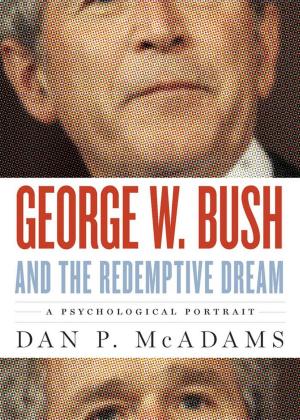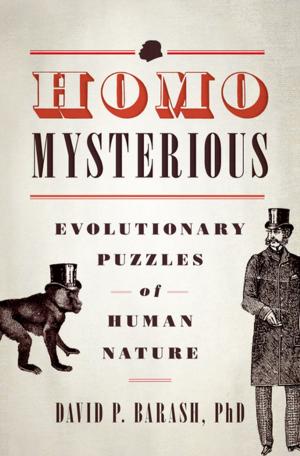European Integration and Supranational Governance
Nonfiction, Social & Cultural Studies, Political Science, International, International Relations| Author: | ISBN: | 9780191069024 | |
| Publisher: | Oxford University Press, USA | Publication: | September 24, 1998 |
| Imprint: | OUP Oxford | Language: | English |
| Author: | |
| ISBN: | 9780191069024 |
| Publisher: | Oxford University Press, USA |
| Publication: | September 24, 1998 |
| Imprint: | OUP Oxford |
| Language: | English |
The European Union began in 1957 as a treaty among six nations but today constitutes a supranational polity - one that creates rules that are binding on its 15 member countries and their citizens. In this majesterial study, a team of distinguished scholars offers a fresh and coherent explanation of the remarkable development of the EU, drawing evidence from both broad data and focused case studies. - ;The European Union began in 1957 as a treaty among six nations but today constitutes a supranational polity - one that creates rules that are binding on its 15 member countries and their citizens. This majesterial study confronts some of the most enduring questions posed by the remarkable evolution of the EU: Why does policy-making sometimes migrate from the member states to the European Union? And why has integration proceeded more rapidly in some policy domains than in others? A distinguished team of scholars lead by Wayne Sandholtz and Alec Stone Sweet offers a fresh theory and clear propositions on the development of the EU. Combining broad data and probing case studies, the volume finds solid support for these propositions in a variety of policy domains. The coherent theoretical approach and extensive empirical analyses together constitute a significant challenge to approaches that see the EU as a straightforward product of member-state interests, power, and bargaining. This volume clearly demonstrates that a nascent transnational society and supranational institutions have played decisive roles in constructing the European Union. -
The European Union began in 1957 as a treaty among six nations but today constitutes a supranational polity - one that creates rules that are binding on its 15 member countries and their citizens. In this majesterial study, a team of distinguished scholars offers a fresh and coherent explanation of the remarkable development of the EU, drawing evidence from both broad data and focused case studies. - ;The European Union began in 1957 as a treaty among six nations but today constitutes a supranational polity - one that creates rules that are binding on its 15 member countries and their citizens. This majesterial study confronts some of the most enduring questions posed by the remarkable evolution of the EU: Why does policy-making sometimes migrate from the member states to the European Union? And why has integration proceeded more rapidly in some policy domains than in others? A distinguished team of scholars lead by Wayne Sandholtz and Alec Stone Sweet offers a fresh theory and clear propositions on the development of the EU. Combining broad data and probing case studies, the volume finds solid support for these propositions in a variety of policy domains. The coherent theoretical approach and extensive empirical analyses together constitute a significant challenge to approaches that see the EU as a straightforward product of member-state interests, power, and bargaining. This volume clearly demonstrates that a nascent transnational society and supranational institutions have played decisive roles in constructing the European Union. -















